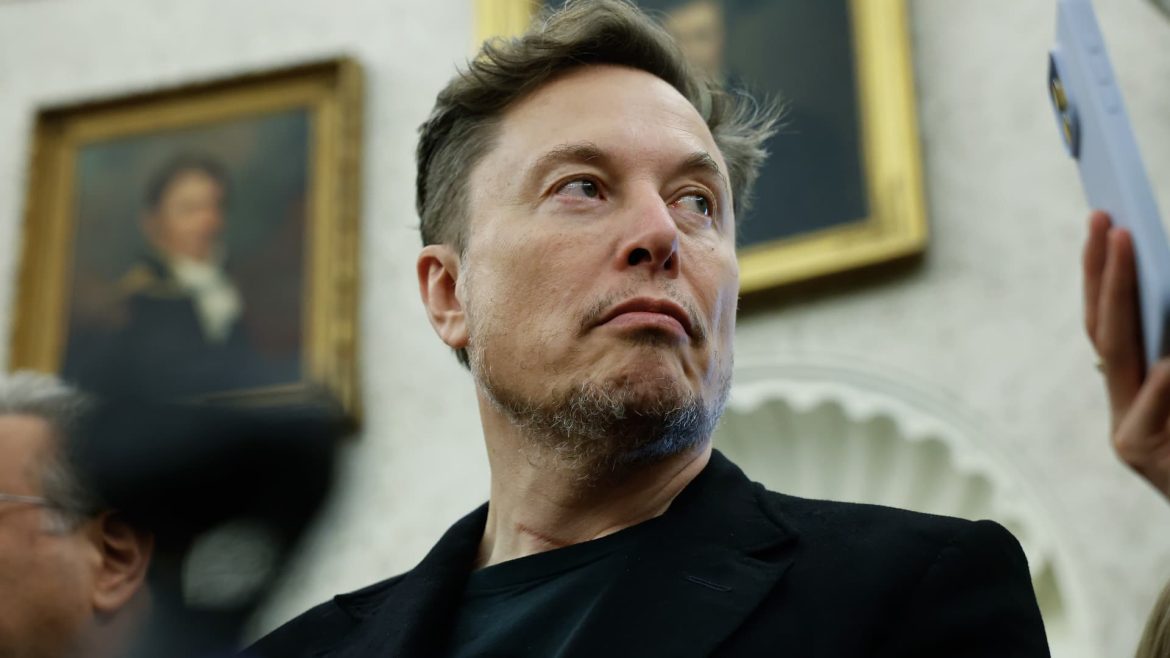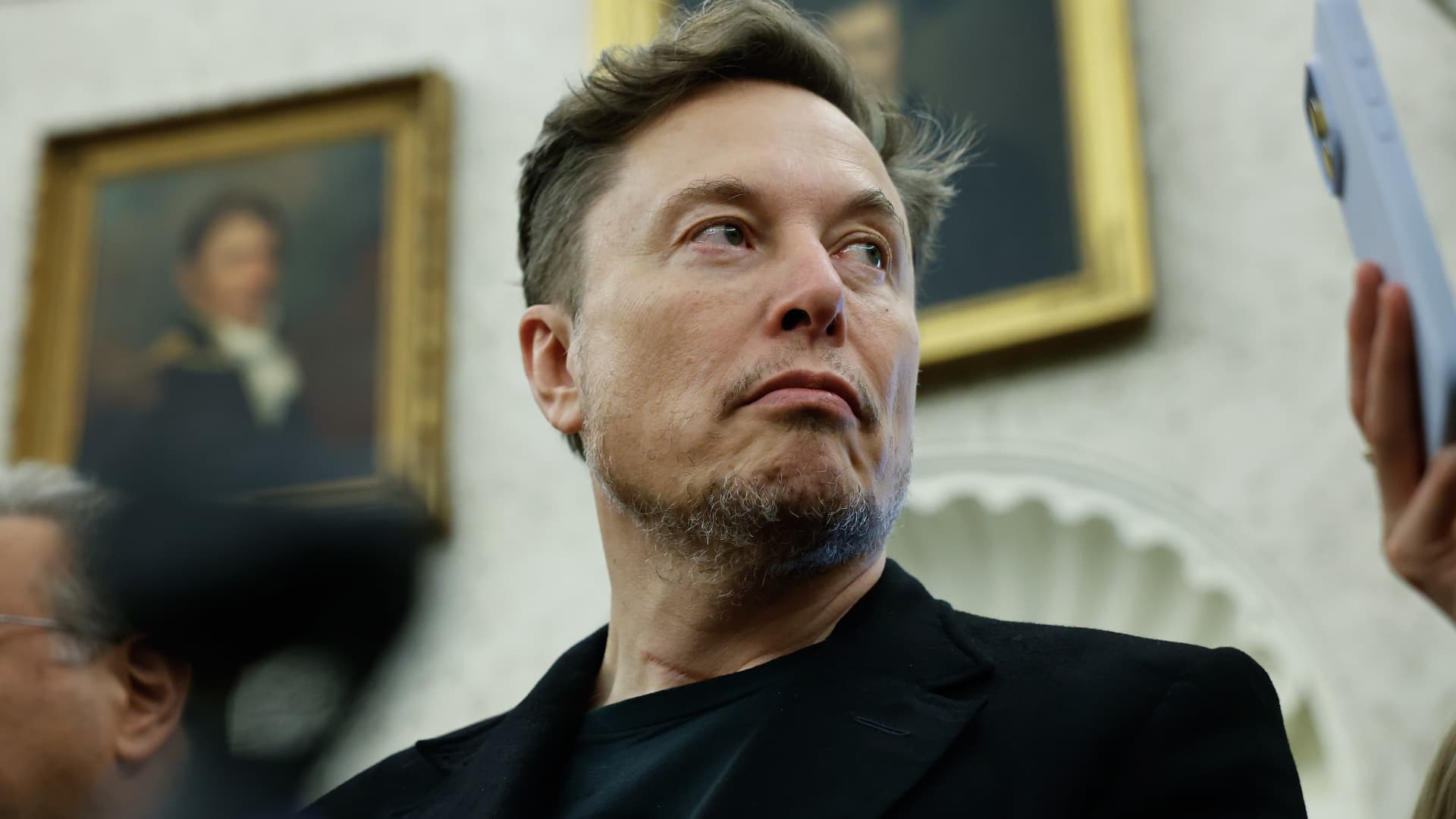Navigating the Legal and Constitutional Complexities Surrounding Elon Musk’s Department of Government Efficiency (DOGE)
The recent surge of judicial scrutiny over the Department of Government Efficiency (DOGE), an entity created via executive order during the Trump administration and intriguingly associated with Elon Musk, has unveiled significant legal and constitutional questions. This multifaceted saga has unfolded in various federal courts, sparking debates about governmental authority, separation of powers, transparency, and constitutional adherence. Examining these developments reveals a complex picture of executive power, private sector involvement in government functions, and the challenges courts face in defining novel quasi-governmental structures.
DOGE: The Emergence of a Controversial Government Entity
DOGE, established shortly after President Trump’s inauguration by executive action, positions itself as a government agency aimed at improving efficiency across federal departments. What has stirred both public fascination and legal controversy is Elon Musk’s perceived leadership role within DOGE. Though formal titles and authorities remain ambiguous, Musk’s involvement—whether symbolic, advisory, or operational—has triggered intense scrutiny from multiple states, federal judges, and government agencies.
Judicial Challenges: Questioning Authority and Legality
Several federal court rulings have focused on pivotal questions surrounding DOGE’s legitimacy and Musk’s authority within it:
– Role and Authority: U.S. District Judge Tanya Chutkan has ordered Musk and DOGE to clarify their roles and provide documentation detailing their authority under the Trump administration. This order underscores the judiciary’s insistence on transparency and accountability in government operations, particularly when unconventional structures like DOGE are in play.
– Constitutional Concerns: A recurring theme, voiced notably by Judge Chutkan, centers on whether DOGE violates the Appointments Clause of the Constitution. This clause restricts federal agency leadership to Senate-confirmed officials. Musk’s lack of formal appointment or Senate confirmation raises thorny constitutional questions about DOGE’s authority to act as a federal agency.
– Legal Status of DOGE: Some courts have legally classified DOGE as an “agency,” thereby subjecting it to federal administrative law and transparency obligations. Yet, simultaneous rulings recognize Musk is not a formal employee and lacks clear legal authority. This duality—the agency designation paired with ambiguous leadership—has sown confusion within federal litigation and agency cooperation.
State Lawsuits and Information Access Disputes
Fourteen states have challenged DOGE, asserting that Musk’s involvement surpasses constitutional and administrative limits. These suits often focus on:
– Data Access: DOGE’s attempts to obtain sensitive records from various federal agencies, including the Department of Education, IRS, and the Office of Personnel Management, have triggered legal battles. Some courts have temporarily blocked these agencies from sharing personal data with DOGE, citing privacy and procedural concerns.
– Transparency: Judges have repeatedly pressed for clear disclosures about DOGE’s personnel and internal operations, reflecting widespread judicial discomfort with the opacity surrounding the project. Statements from courts describe the scenario as chaotic, with judges expressing skepticism over the secrecy and informal structure of DOGE.
Government and White House Positions
Despite Musk’s public association with DOGE, the White House and some federal officials have distanced themselves from formally recognizing Musk as a leader or employee. This distancing complicates the narrative and judicial assessments, leading to inconsistent interpretations of Musk’s involvement and authority.
Implications and Interpretations
This tangled web of legal disputes over DOGE reveals several broader themes:
The Blurred Lines Between Private and Public Spheres
Elon Musk embodies a uniquely influential private citizen stepping into a quasi-governmental role without formal appointment, challenging traditional boundaries between government functionaries and private sector leaders. This blurring raises fundamental questions about accountability, oversight, and democratic legitimacy.
Executive Power and Constitutional Bounds
DOGE’s existence, created through executive order with ambiguous leadership structures, tests the limits of presidential authority. The constitutional checks embodied by the Senate confirmation process and clear agency mandates are under strain as the executive branch experiments with novel administrative forms.
Judicial Guardrails and Emerging Precedent
Federal courts are actively delineating the scope and limits of such unconventional government bodies. Judges’ insistence on documentation, questioning of constitutional compliance, and cautious rulings on data access indicate a judiciary striving to uphold rule of law amidst unprecedented administrative innovations.
Conclusion: Navigating a New Frontier in Governance
The evolving legal landscape around Elon Musk’s Department of Government Efficiency epitomizes the challenges posed by innovative, yet opaque governmental structures blending private influence with public authority. While DOGE aims to enhance government efficiency, its future remains uncertain due to constitutional questions, legal challenges, and judicial skepticism. The resolution of these issues will likely define important precedents about executive power, transparency, and the nature of public service roles in an era marked by increasing private sector involvement in governmental affairs. The courts’ evolving approach demonstrates an ongoing effort to balance innovation in governance with foundational principles of accountability and constitutional order.





